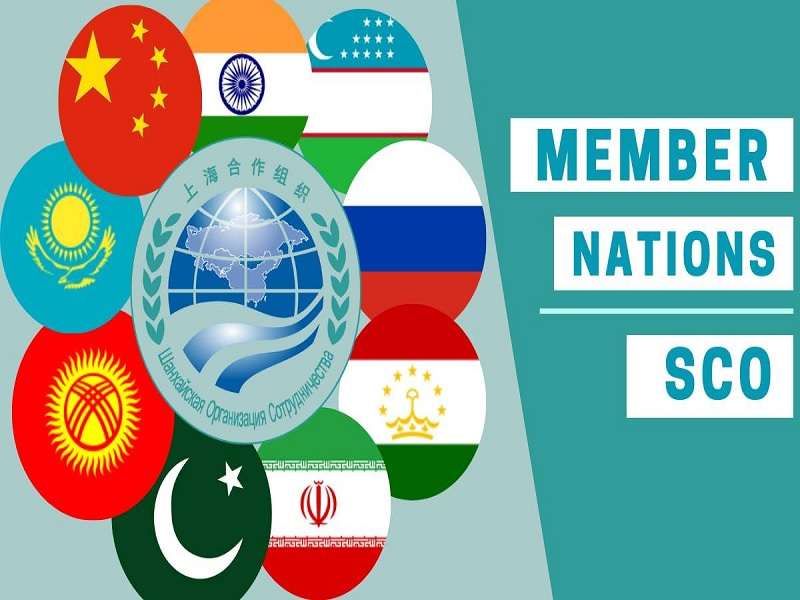The next SCO Summit will be held in the Pakistani capital of Islamabad from 15-16 October, but it’s already been marred by political turmoil and terrorist attacks. The PTI opposition’s protest in support of imprisoned former Prime Minister Imran Khan (IK) turned violent over the weekend after the security services employed force to suppress this unauthorized demonstration. The authorities then concocted the conspiracy theory that the real reason behind PTI’s protest was to sabotage next week’s event.
No sooner had the situation in Islamabad partially stabilized than a suicide bomber from the terrorist-designated “Baloch Liberation Army” (BLA) blew himself up while attacking a convoy of Chinese VIPs who were departing from Karachi Airport. This followed an ambush from their Tehreek-e-Taliban Pakistan (TTP) allies in Khyber Pakhtunkhwa that killed at least 16 soldiers, which showed that the new nationwide counterterrorism operation has thus far failed to stop this year’s upsurge of such attacks.
To be absolutely clear, there’s no connection between PTI’s peaceful protest and the TTP-BLA terrorist nexus’ attacks, though it wouldn’t be surprising if the authorities falsely claim that there is in order to maximally smear their political opponents like it was predicted they’d do a month ago here. Nevertheless, it’s obvious that both of them have an interest in drawing global attention to their respective causes, hence the timing of their actions ahead of the upcoming SCO Summit.
PTI hopes that Pakistan’s Eurasian partners might gently nudge it behind the scenes to consider a compromise with the opposition, which could begin by releasing IK from imprisonment and then holding truly free and fair new elections, in order to restore political stability. That could help the country regain its anti-terrorist focus after the military and intelligence services have prioritized persecuting PTI for nearly the past two and a half years, which created a huge blind spot that terrorists have exploited.
For as promising as this might sound, it’s unlikely to happen since Pakistan’s partners don’t interfere with its domestic affairs no matter what their real views about them might be since they don’t want to create the precedent of Pakistan interfering with theirs. Some of their representatives might hold unofficial and very candid discussions with their Pakistani counterparts, but no implied threat of consequences would accompany their informal recommendations about the best way forward if they’re not complied with.
As for the TTP-BLA terrorist nexus, their only goal is to destroy the Pakistani state, each in pursuit of different goals. The TTP wants to impose an ultra-fundamentalist Islamic regime while the BLA wants independence for the country’s largest region. Both were recognized as terrorist groups in last month’s joint statement by the Chinese, Iranian, Pakistani, and Russian Foreign Ministers, which also hinted that the Afghan Taliban is at the very least turning a blind eye to their activities as was explained here.
Those two collectively represent the greatest terrorist threat in the broader region, even more than ISIS-K given their much larger number of terrorist attacks against Pakistan over the past few years, so it’s possible that the SCO as a whole might call on the Taliban to crack down on them. Nothing more is expected though since none of their members apart from Pakistan and to an extent Tajikistan wants to risk ruining their relations with the Taliban by being too hard on it.
Presuming that the summit goes through as expected, and there’s been no credible indication thus far that it might be moved to an online format for security reasons, the participants will certainly have the PTI opposition and the TTP-BLA terrorist nexus on their minds even if the first isn’t officially discussed. Pakistan is a country with a lot of promise given its quarter-billion people and geostrategic location, but its political turmoil and terrorist threats hold it back from approaching anything near its full potential.
